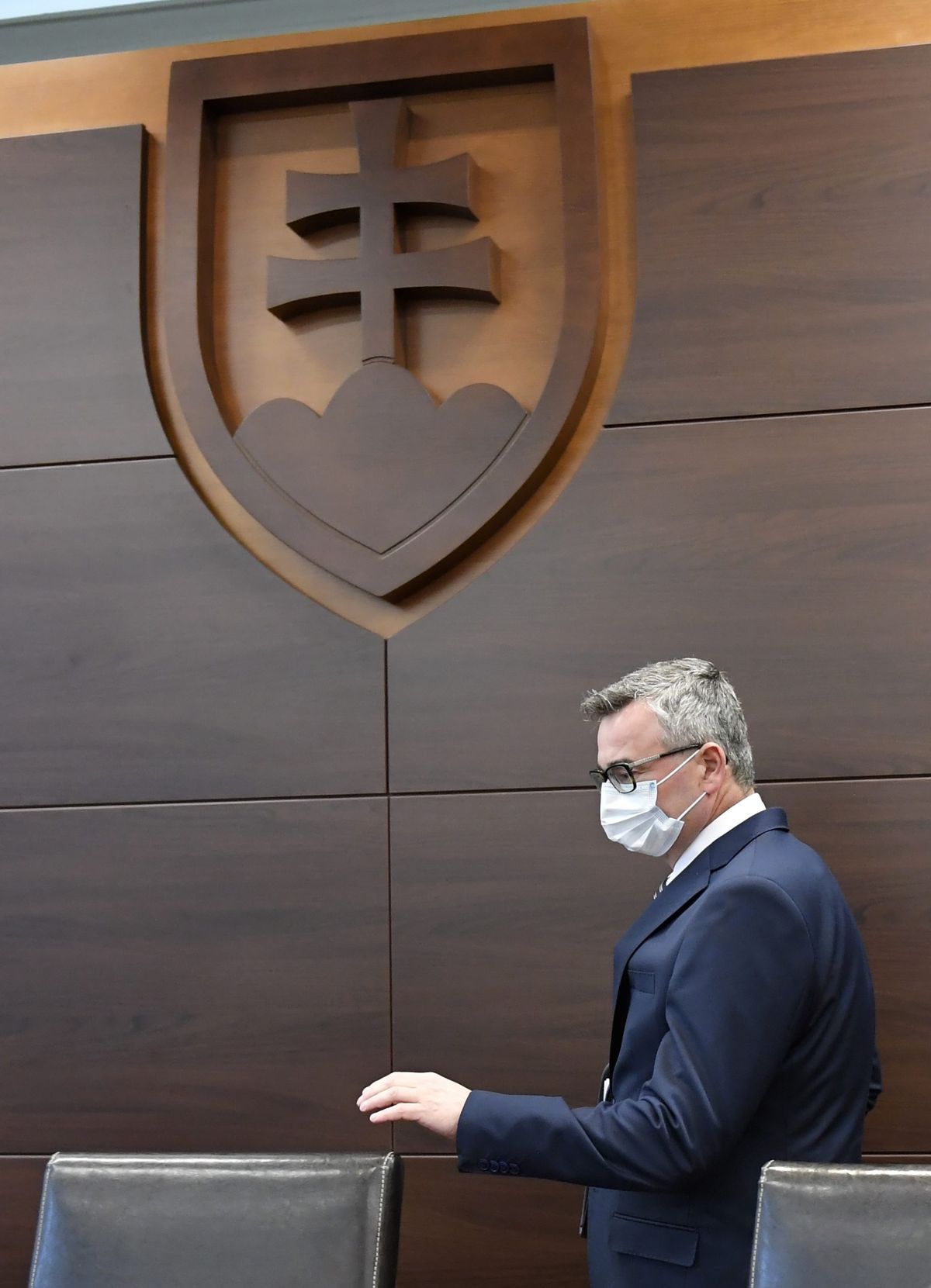Justice Ministry Unveils Judiciary Reform Designed to Curb Corruption

Bratislava, November 23 (TASR) – The specialisation of courts is one of the key features of Justice Minister Maria Kolikova’s (For the People) reform of the judiciary unveiled on Monday.
Courts should be reorganised, mainly those of the first two instances, and administrative law is set to be separated from general courts as part of reform that is intended to cut corruption links in the judiciary.
“If a judge deals with only a single issue, it can be expected that they’ll be able to decide more quickly and explain why they made the given decision,” said Kolikova, adding that there should be four groups of judges – civil, commercial, criminal and administrative.
The current network of 54 district courts should be transformed into 30 territorial units of first-instance courts. Bratislava and Kosice, which have several district courts, should have one city court each. Meanwhile, the existing system of eight regional appellate courts should be reduced to cover three territorial units – in Trnava, Banska Bystrica and Presov.
Commercial agenda should be dealt with by three general first-instance courts located in the seats of the appellate courts, i.e. in Trnava, Banska Bystrica and Presov, and by the city court in Bratislava. Issues concerning the commercial registry should come under the remit of Zilina court.
Zilina, Nitra and Kosice should be the seats of first-instance administrative courts, while there will be Supreme Administrative Law Court in Bratislava.
The Supreme Court, Constitutional Court and Specialised Criminal Court will remain unchanged by the reform, which was drawn up in cooperation with the Council of Europe and the European Commission for Efficiency of Justice. The reform should be implemented by July 2022.



